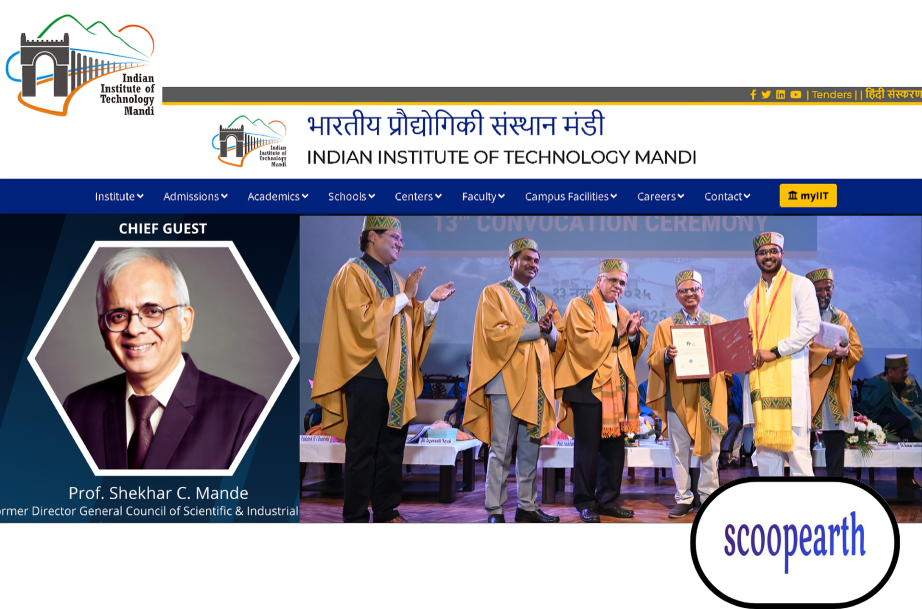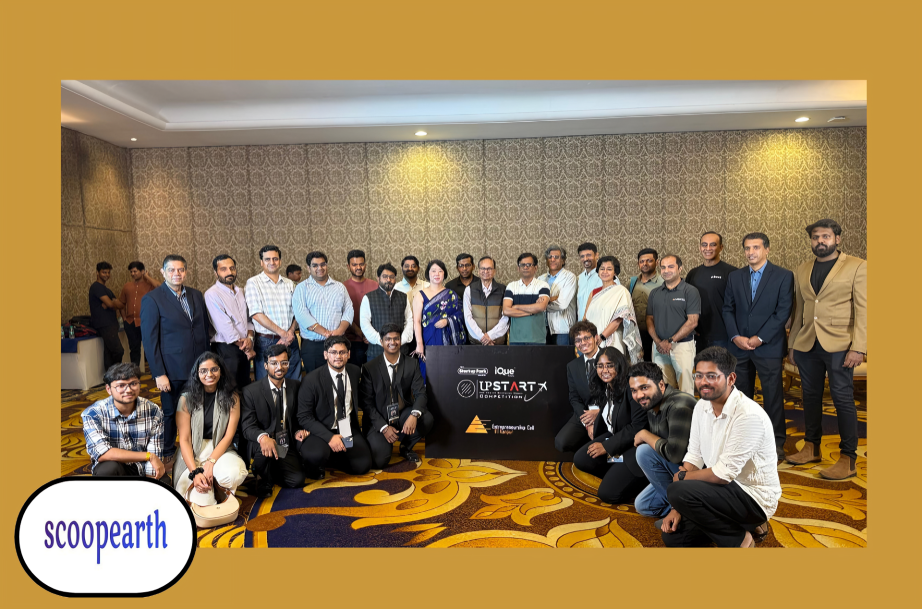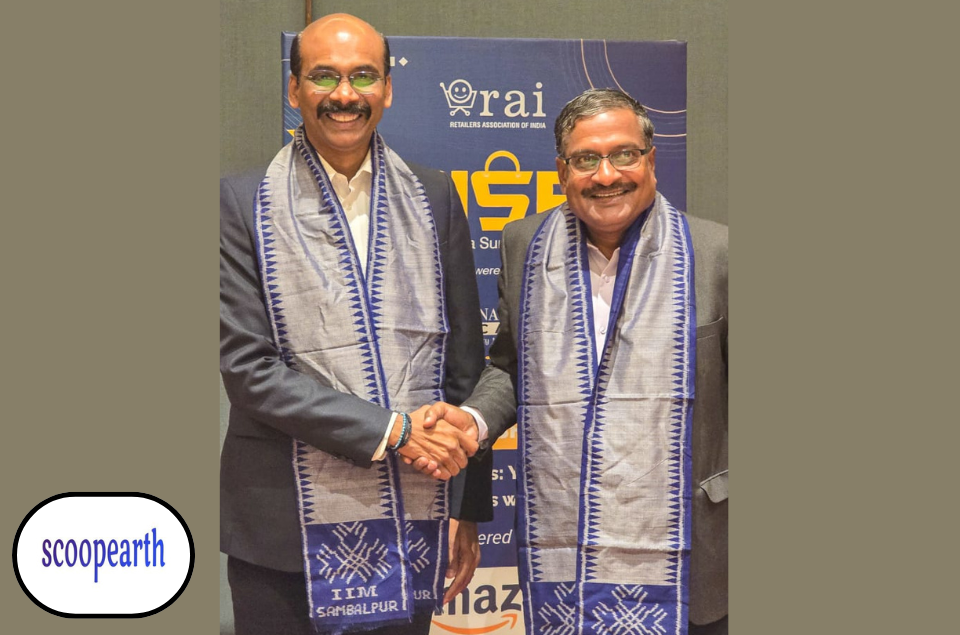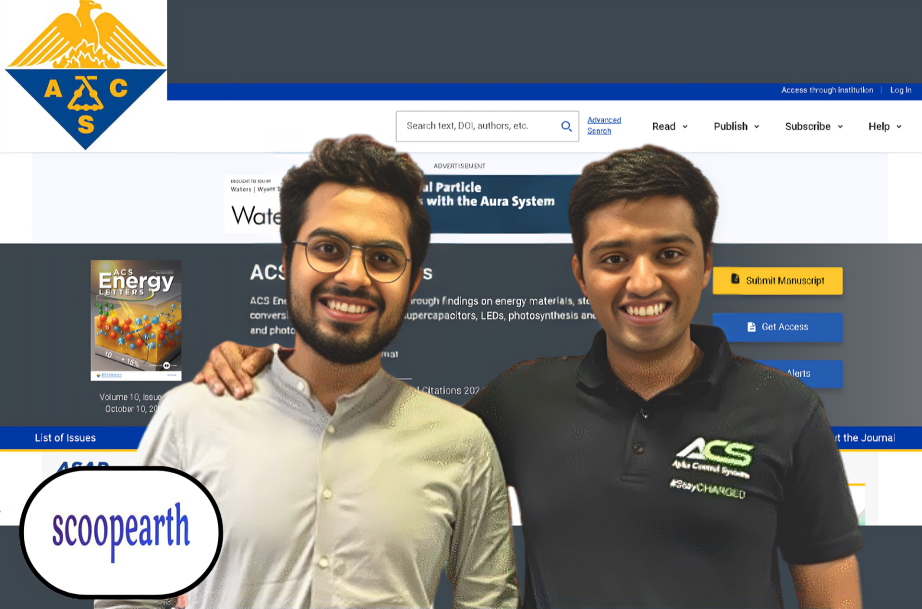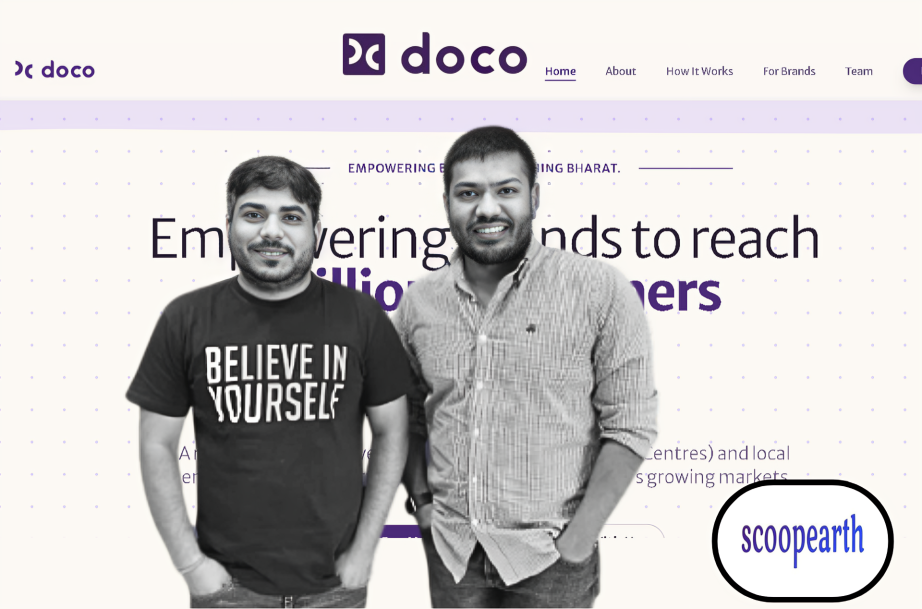IBM and BharatGen announced a strategic partnership to develop sovereign, multimodal LLMs for the country’s linguistic and cultural diversity

SUMMARY
IBM and BharatGen have declared a strategic partnership to create sovereign, multimodal large language models (LLMs) to respond to the linguistic and cultural diversity of the nation. This project is an important milestone in creating inclusive, scalable AI solutions that are responsive to the needs of India and enable its digital transformation. IBM and BharatGen are building a future in which AI speaks every Indian language and knows every Indian need with strong institutional backing, technical expertise, and a sense of public good.
Vision and sectoral impact
The core of the collaboration is the desire to develop basic AI-based models that can be used by the multilingual population of India and sector-specific needs. India-centric AI tools are being developed by BharatGen, a project of the Technology Innovation Hub of IIT Bombay and supported by the Department of Science and Technology (DST). IBM also introduces its enterprise-level platforms, such as Watsonx and Red Hat OpenShift AI, as well as substantial knowledge in data governance and model training.
The two organizations will consider establishing multimodal LLMs supporting a broad spectrum of Indian languages and dialects, not only the leading 12 to 22 languages, but also underserved linguistic minorities. The strategy will make AI accessible to the masses and broaden digital access to the socio-economic continuum in India.
The partnership aims at expanding the field of AI into major areas of education, agriculture, healthcare, banking, and citizen services. IBM and BharatGen can solve the relevant problems of real-world scenarios with culturally Viable AI solutions by creating solution templates that apply to Indic use cases and deploying domain-specific applications.
In the agricultural sector, AI based on regional accents and local farming methods can enable farmers to receive timely data on crop health, weather conditions, and government programs. Multilingual artificial intelligence assistants have the potential to enhance patient interaction and diagnostics at rural clinics in healthcare. Personalized learning platforms may adjust to the native language of the students, increasing their understanding and memorization in education.
Commitment of BharatGen and IBM
BharatGen will likely be chosen as part of the second round of the IndiaAI Mission, along with seven other companies, making it all the more involved in the future of AI in India. The project aims to develop effective models of Indian languages, create a multilingual database, and establish partnerships between the government and businesses to enhance the talent base and the startup ecosystem in the field of AI in India.
The deployment and scaling of these models will be backed by the IBM Watsonx platform and Red Hat OpenShift AI, which provide sufficient infrastructure to perform experiments, deploy, and monitor. The collaboration further follows the global strategy of IBM to develop responsible AI and innovate in new markets.
Prof. Ganesh Ramakrishnan of BharatGen said, “At BharatGen, we have been building sovereign AI models and the ecosystem that reflects the linguistic richness, cultural nuances, and diverse needs of our people. This collaboration with IBM allows us to bring scalable architectures and systems for India. With IBM’s enterprise-grade platforms and our commitment to public-good AI, we are on a path to drive transformative solutions for empowering India’s digital journey.”
Quotation Source: analyticsindiamag
Indic-specific capabilities and advanced research
One of the most important elements of the partnership is the creation of a governance model for the responsible model development. IBM and BharatGen will develop benchmarks that align with Indian languages and fields and make AI systems more than accurate but also ethical, transparent, and inclusive.
It involves constructing scalable data pipelines that are augmented with Indic-aware functionality and developing new research on high-performance generative AI architectures. The idea is to create trust in artificial intelligence systems and accountability and fairness, particularly in sensitive areas such as finance and government services.
The managing director of IBM India and South Asia, Sandip Patel, said, “The company is committed to supporting the creation of open, trusted AI that addresses real-world problems. Through our collaboration with BharatGen, we aim to advance sovereign AI capabilities that reflect India’s diversity and deliver meaningful impact across sectors.”
Quotation Source: analyticsindiamag
Conclusion
IBM-BharatGen collaboration marks a turning point in the Indian AI future. The initiative aims to fill a very significant gap in the global artificial intelligence community, which traditionally fails to consider diversity in language and culture. In this partnership, India is not just establishing sovereign AI functions, but also establishing a model of inclusive, ethical, and scalable innovation.
Note: We at scoopearth take our ethics very seriously. More information about it can be found here.


